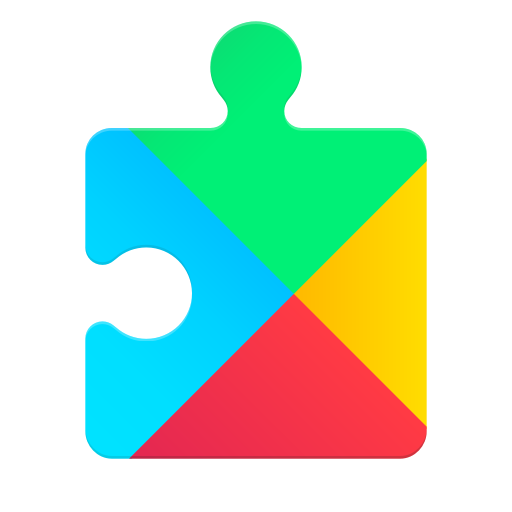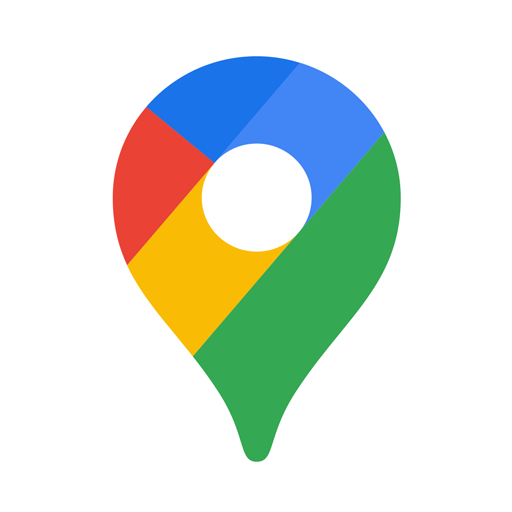Pydroid 3 - Python compiler & editor
Powerful Python IDE for Android with code completion and debugger.

- 8.1_arm64 Version
- 4.6 Score
- 6M+ Downloads
- In-app purchases License
- 3+ Content Rating
Pydroid 3 is an easy-to-use and robust educational Python 3 IDE specifically designed for Android.
Key Features:
- Offline Python 3 interpreter, eliminating the need for an internet connection to execute Python programs.
- Pip package manager and a personalized repository offering prebuilt wheel packages to enrich scientific libraries like numpy, scipy, matplotlib, scikit-learn, and jupyter.
- Availability of OpenCV on devices that support Camera2 API.
- Accessibility of TensorFlow and PyTorch.
- Ready-to-use examples for accelerated learning.
- Comprehensive support for GUI with Tkinter.
- Inclusive Terminal Emulator with readline support from pip.
- In-built C, C++, and Fortran compiler tailored for Pydroid 3, enabling the building of any library from pip, even those using native code. Additionally, it allows for building and installing dependencies through a command line interface.
- Support for Cython.
- PDB debugger equipped with breakpoints and watches.
- Utilization of the Kivy graphical library with an updated SDL2 backend.
- Availability of PySide6 in the Quick Install repository, along with matplotlib PySide6 support requiring no extra coding.
- Matplotlib Kivy support present in the Quick Install repository.
- Support for pygame 2.
Editor Features:
- Code prediction, auto indentation, and real-time code analysis akin to traditional IDEs.
- Extended keyboard bar providing all necessary symbols for Python programming.
- Syntax highlighting and themes.
- Tabbed interface.
- Enhanced code navigation supporting interactive assignment/definition gotos.
- One-click shareable code snippets on Pastebin.
*Features denoted by asterisks are exclusive to the Premium version.
Practical Application Cases
1. Education and Training
Pydroid 3 has a wide range of applications in the fields of education and training. Many educational institutions use Pydroid 3 to teach Python programming courses and help students practice and test code on mobile devices.
2. Data Science Projects
Some data scientists use Pydroid 3 for data analysis and modeling on mobile devices. This allows them to process and analyze data anywhere and improve work efficiency.
3. Mobile Application Development
Some developers use Pydroid 3 for rapid prototyping and development of mobile applications. With Pydroid 3, they can write and test code on mobile devices to quickly verify and demonstrate their ideas.
Run Python code
1. Edit Python code
Take the output of hello world as an example:

2. Click the folder icon in the upper right corner to save, or click the run icon in the lower right corner to run without saving.
Running result:

Run C language code:
1. Edit a section of C language code:
Take the output of hello world as an example:

2. Run C language code:
1. First, click the folder icon in the upper right corner to save the code file (save it to a location that can be found), with the suffix ".c"
2. Click the menu in the upper left corner and click Terminal to enter the terminal (linux)
3. Use the cd command to enter the folder where the code file was just saved (the ls command can view the files in the current folder)
4. Use gcc to compile the c code. If there is no error, the compilation is successful
5. Run the a.out file in the current folder

Quick Guide:
Pydroid 3 necessitates a minimum of 250MB of free internal memory, with 300MB or more being recommended, especially when utilizing heavy libraries such as scipy. To debug, place breakpoints by clicking on the line numbers. Kivy, PySide6, sdl2, tkinter, and pygame can be activated through specific mode declarations. A dedicated mode "#Pydroid run terminal" ensures the program operates in terminal mode, beneficial for applications like matplotlib that default to GUI mode.
Explanation Regarding Premium-Only Libraries:
Certain libraries are exclusively available to Premium users due to the significant complexity involved in their porting process, necessitating collaborations with alternative developers. If users wish to create free versions of these premium libraries, they are encouraged to contact the Pydroid 3 team.
Engage in Pydroid 3 Development:
Users are encouraged to participate in Pydroid 3's development by reporting bugs or suggesting new features. The primary focus remains on porting scientific libraries to aid in Python 3 programming education, with system-related libraries integrated solely when essential for other educational packages.
Legal Details:
Specific binaries within Pydroid 3 APK are licensed under (L)GPL; interested individuals can request the source code via email. GPL pure Python libraries packaged with Pydroid 3 are presumed to be already available in source code form. To prevent automatic importation, Pydroid 3 does not include any GPL-licensed native modules. Users are permitted to utilize the samples provided in the application solely for educational purposes; however, their usage in competing products or derivatives is strictly prohibited. Any uncertainties regarding usage restrictions should be clarified through email inquiries. Lastly, Android is recognized as a trademark of Google Inc.
- Version8.1_arm64
- UpdateMay 25, 2025
- DeveloperLider Soft KZ
- CategoryEducation
- Requires AndroidAndroid 6+
- Downloads6M+
- Package Nameru.iiec.pydroid3
- Signature983467cf2759c052f92030cada6bc26e
- Available on
- ReportFlag as inappropriate
-
NameSizeDownload
-
64.47 MB
-
63.64 MB
-
63.64 MB


































Provides a complete Python 3 runtime environment
Supports many commonly used Python libraries and modules
Supports running and debugging Python scripts locally
Due to the hardware limitations of mobile devices, Pydroid 3 may not perform as well as the desktop environment when processing complex calculations or large data sets
Some specific Python libraries or modules may not be fully compatible or require additional configuration